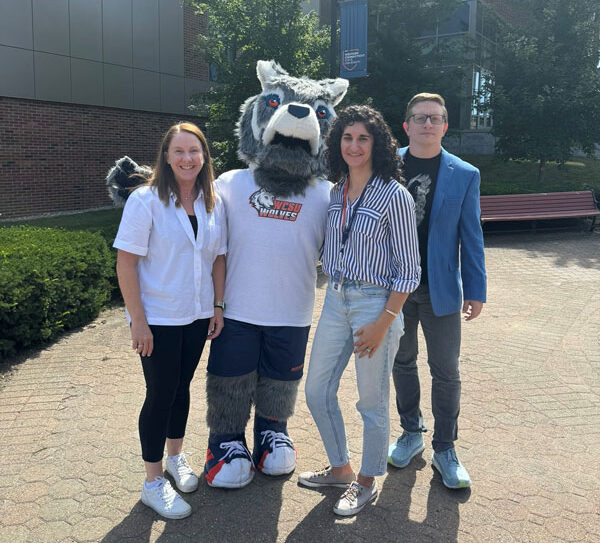Professor Curtis Darragh IV is an adjunct professor in the Counselor Education Program. Darragh primarily teaches practicum and internship. In 2021, he won the CSCA award for the Connecticut school counselor of the year! He is currently a school counselor at Westside Middle School Academy in the Danbury Public Schools and has been there for the past ten years.
Professor Darragh holds a Bachelor of Science degree in Psychology with a focus and concentration in child and youth. He also holds a Master of Science degree in Educational Psychology and Counseling from the University of Connecticut. He plans on continuing his education in the near future in counseling education.
Professor Darragh has passion for social and emotional development in grades sixth-twelfth. He currently serves as a board of director in the CSCA board, mentoring school counselors in middle school across the state and serves as a member on the advocacy committee to help support and bring awareness to school counseling law. Darragh believes in the message that “When you find what you love and do, you will never a work a day in your life.”


